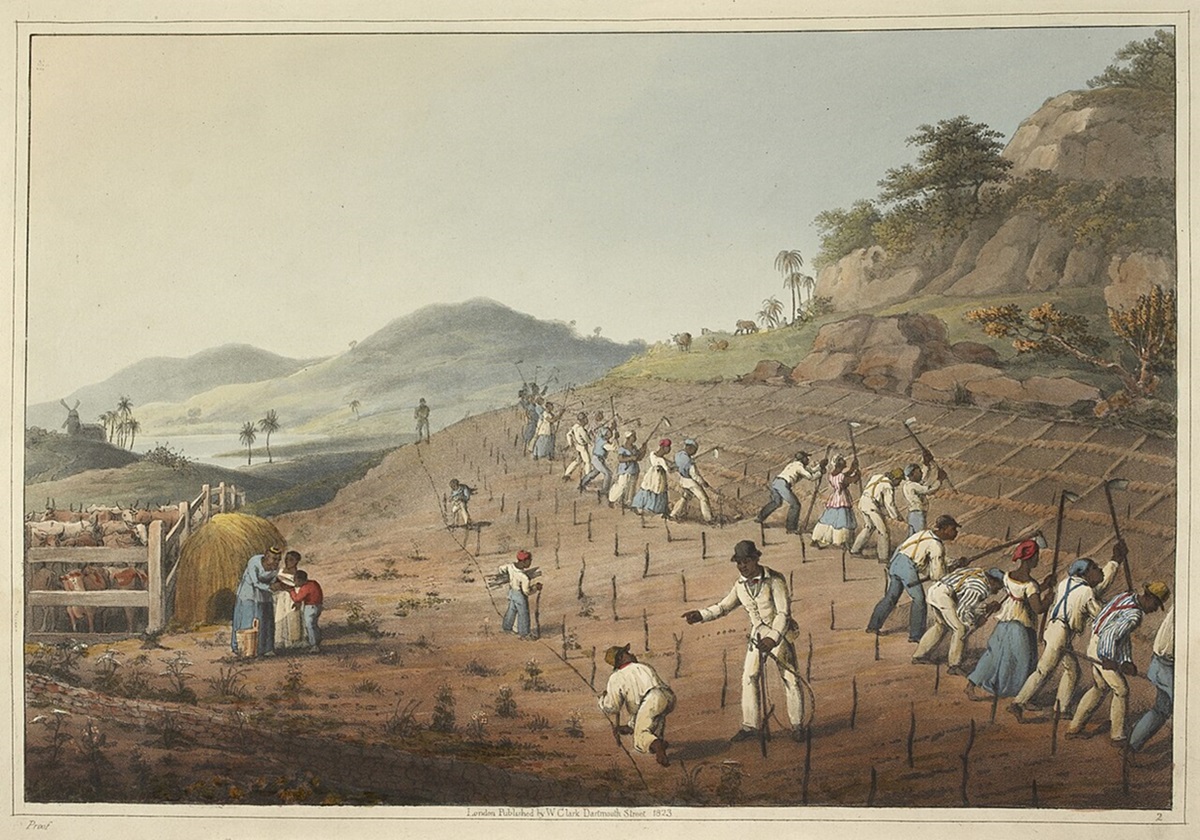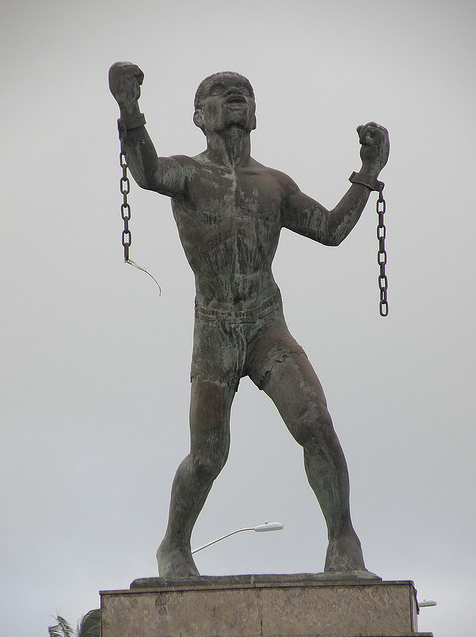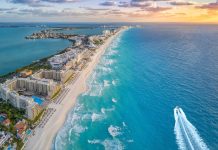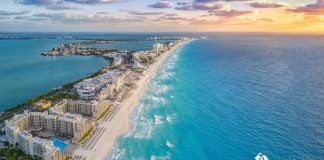
Emancipation Day holds great importance for the Caribbean. For English speaking nations, this day that marks the British monarchy’s abolition of slavery is a powerful reminder of the struggles and victories in the fight for freedom. Observed each year on August 1st, it is a day to honor the strength and resilience of those who endured slavery and to celebrate the legacy of Caribbean freedom.

Photo: Dogfacebob, via Wikimedia Commons
The Caribbean region was a central hub for the transatlantic slave trade. Enslaved Africans were brought to the islands to work on plantations, producing sugar, coffee and other goods that fueled the economies of European colonial powers for years. Emancipation Day honors the memory of those who endured and resisted oppression, celebrating their courage and contributions to Caribbean society beyond their bonds.
The day also provides an opportunity to address contemporary issues related to the legacy of slavery, such as racial inequality, the lingering effects of colonialism and social injustice, ensuring that the legacy of their ancestors continues to inspire future generations.
Historical Background
The roots of Emancipation Day trace back to the early 19th century. On August 1, 1834, the Slavery Abolition Act came into effect, marking the official end of slavery in the British Empire. This act emancipated more than 800,000 enslaved Africans in the Caribbean, Canada and South Africa. However, the journey to freedom was gradual. Initially, a system called “apprenticeship” required former slaves to continue working for their former masters for a few years, then “indentureship” welcomed workers from Europe, India, China and the Middle East to work in near-slavery conditions for a time. Complete freedom was eventually granted on August 1, 1838.
Traditional Celebrations
Today, Emancipation Day is marked by diverse celebrations across the Caribbean. Each island has its unique way of honoring this historic day, reflecting local traditions and cultural expressions.
In Jamaica, Emancipation Day is celebrated with cultural performances, music and reenactments of historical events. The day often includes readings of the Emancipation Proclamation and the laying of wreaths at significant monuments.
Barbados observes the day with the “Emancipation Walk,” a symbolic journey that retraces the steps of ancestors who fought for freedom. The island also hosts educational events, lectures and cultural showcases.
In Trinidad and Tobago, the day is celebrated with “Canboulay” reenactments, which are dramatic presentations that depict the early morning raids on enslaved Africans who gathered to practice their cultural traditions. These celebrations highlight the island’s African heritage and the resilience of its people.
Celebrating Emancipation Day is crucial for preserving cultural identity and educating future generations about the past. It fosters a sense of pride and unity among Caribbean people, reinforcing the values of freedom, justice, equality and progress.
Celebrating in South Florida? Pay homage to Emancipation Day island-style by visiting an island-centric art showcase, take a tour at the only Caribbean-American heritage museum in the States or stay in and cook up some delicious authentic recipes.






























